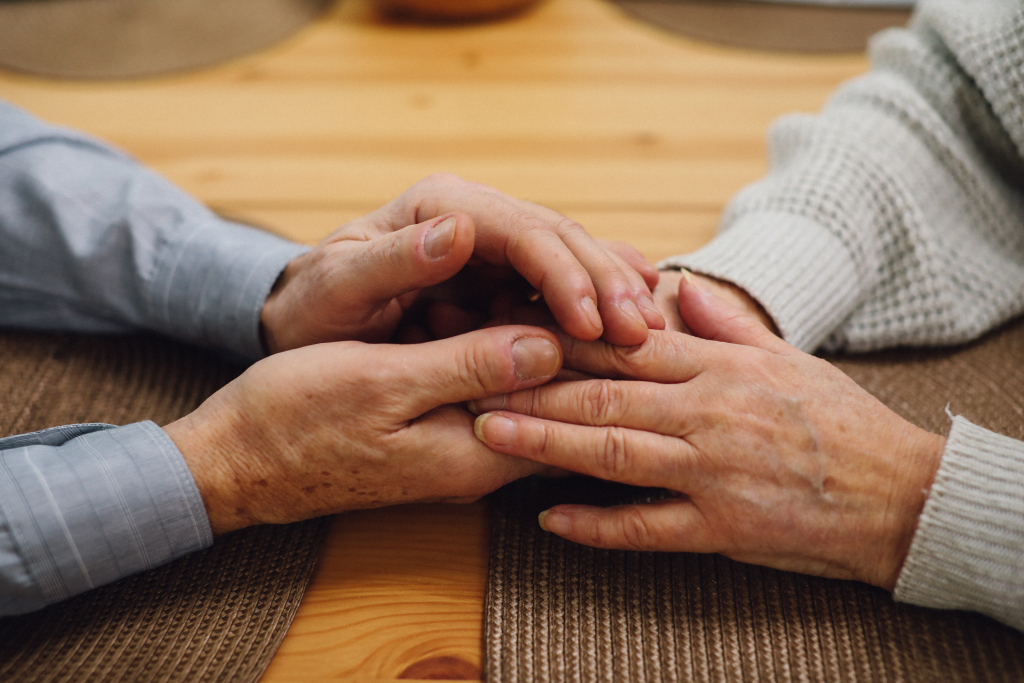In the fast-paced and demanding world we live in, anxiety has become an increasingly prevalent issue affecting millions of individuals. The road to resilience, however, offers a promising journey for those seeking relief from the grip of anxiety through effective treatment methods. In this comprehensive exploration, we will delve into the various aspects of anxiety, its impact on individuals, and the diverse treatment options available on the path to building resilience and reclaiming a sense of control over one’s life.
Understanding Anxiety:
Anxiety is a complex and multifaceted mental health condition that manifests in various forms, such as generalized anxiety disorder, social anxiety, panic disorder, and more. It goes beyond the normal stress we encounter in our daily lives, often leading to excessive worry, fear, and avoidance behaviors. Recognizing the signs and symptoms is crucial for early intervention and effective treatment.
The Impact of Anxiety:
Anxiety can have profound effects on both mental and physical well-being. Chronic anxiety is linked to a range of health issues, including cardiovascular problems, digestive issues, and compromised immune function. Additionally, it can negatively impact relationships, work performance, and overall quality of life. The road to resilience begins with acknowledging the toll anxiety takes on various aspects of one’s life and recognizing the importance of seeking professional help.
Treatment Modalities:
- Therapeutic Approaches:
- Cognitive-Behavioral Therapy (CBT): CBT is a widely used and evidence-based therapeutic approach that helps individuals identify and change negative thought patterns and behaviors associated with anxiety. It equips individuals with practical coping mechanisms to manage stressors effectively.
- Exposure Therapy: Particularly beneficial for specific phobias and panic disorder, exposure therapy involves gradual and controlled exposure to feared situations. This helps desensitize individuals to the triggers that cause anxiety, promoting resilience over time.
- Mindfulness-Based Therapies: Mindfulness practices, including meditation and mindful breathing, are integral components of treatments like Mindfulness-Based Stress Reduction (MBSR). These approaches enhance self-awareness and provide tools for managing anxiety through staying present in the moment.
- Medication Management:
- Antidepressants and Anxiolytics: Medications, such as selective serotonin reuptake inhibitors (SSRIs) and benzodiazepines, may be prescribed to alleviate symptoms of anxiety. It is important for individuals to work closely with healthcare professionals to find the most suitable medication and dosage, as well as to monitor for potential side effects.
- Beta-Blockers: Beta-blockers can be effective in managing physical symptoms of anxiety, such as rapid heart rate and trembling. They are often used in situations where immediate relief is needed, such as before a public speaking engagement.
- Lifestyle Modifications:
- Exercise: Regular physical activity has been shown to have significant benefits for mental health. Exercise releases endorphins, reduces stress hormones, and promotes overall well-being. Incorporating a consistent exercise routine can be a powerful tool on the road to resilience.
- Sleep Hygiene: Quality sleep is crucial for mental health, and anxiety often disrupts sleep patterns. Establishing a consistent sleep routine, creating a comfortable sleep environment, and practicing relaxation techniques before bedtime contribute to better sleep hygiene.
- Nutrition: The gut-brain connection is increasingly recognized, and a balanced diet plays a vital role in mental health. Nutrient-rich foods, such as fruits, vegetables, and omega-3 fatty acids, can positively impact mood and resilience.
- Holistic Approaches:
- Yoga and Tai Chi: These mind-body practices combine physical postures, breath control, and meditation. Both yoga and Tai Chi have been associated with reductions in anxiety symptoms and improved overall well-being.
- Acupuncture: An alternative therapy originating from traditional Chinese medicine, acupuncture involves the insertion of thin needles into specific points on the body. Some studies suggest that acupuncture may help reduce symptoms of anxiety.
Conclusion:
The road to resilience is a personalized journey, and overcoming anxiety requires a holistic approach that addresses the complex interplay of biological, psychological, and social factors. By understanding the various treatment modalities available, individuals can make informed choices in collaboration with healthcare professionals to tailor a plan that suits their unique needs. Whether through therapeutic interventions, medication management, lifestyle modifications, or holistic approaches, the path to resilience empowers individuals to build coping skills, foster emotional well-being, and reclaim control over their lives. It is a journey filled with challenges, but it is also a journey of self-discovery, growth, and ultimately, triumph over anxiety.




